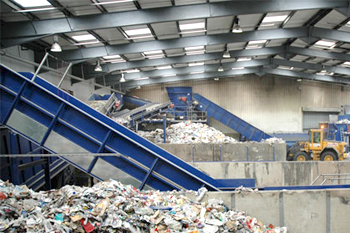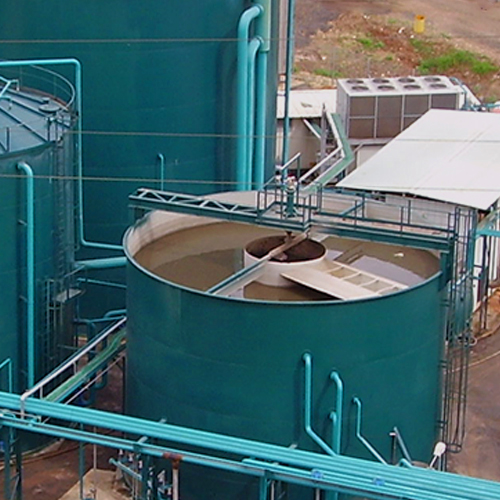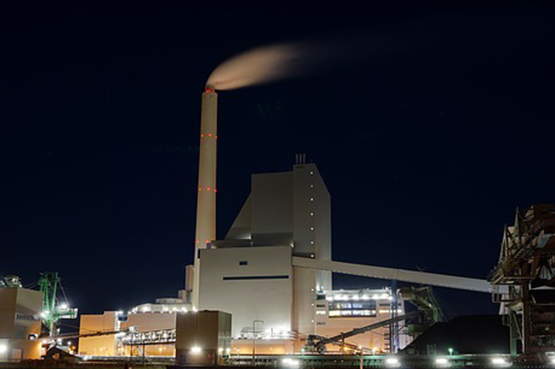All over the country the number of successful operationally sustainable solid waste management systems are very minimal. It is imperative that modern solid waste management system including sanitary landfill facility are required to be established in all urban local bodies. We need modern treatment technologies which are proven successful, especially in Asian countries for adopting the same in Oman/Indian condition with suitable modifications. The Company initiated action for providing services in the above line
MPES has developed alliances with several international companies & has introduced techniques in the field of Solid waste Management. Through this MPES aims to reduce and eliminate adverse impacts of waste materials on human health and environment & to support economic development and superior quality of life.
The key areas include:


The meat processing industry is one of the largest consumers of total freshwater used in the agricultural and livestock industry worldwide. Meat processing plants (MPPs) produce large amounts of slaughterhouse wastewater (SWW) because of the slaughtering process and cleaning of facilities. SWWs need significant treatment for a sustainable and safe discharge to the environment due to the high content of organics and nutrients. Therefore, the treatment and final disposal of SWW are a public health necessity.
Although physical, chemical, and biological treatment can be used for SWW degradation, each treatment process has different advantages and drawbacks depending on the SWW characteristics, best available technology, jurisdictions, and regulations. SWWs are typically assessed using bulk parameters because of the various pollutant loads derived from the type and the number of animals slaughtered that fluctuate amid the meat industry. Thus, an on-site treatment using combined processes would be the best option to treat and disinfect the slaughterhouse effluents to be safely discharged into receiving waters.
MPES has adopted innovative technology and the treatment scheme consists of coarse & fine screen, Dissolved Air Flotation (DAF) for removal of suspended solids, followed by two stage biological treatment.
Medical waste has a dangerous effect on environment. Treatment and disposal of healthcare waste may pose health risks indirectly through the release of pathogens and toxic pollutants into the environment. The mismanagement of it may be a significant risk factor for diseases transmission. This factor rose up with the increasing generation rate of medical waste. Of the total amount of waste generated by healthcare activities, about 85% is general, non-hazardous waste. The remaining 15% is considered hazardous material that may be infectious, toxic or radioactive.
Lack of awareness about the health hazards related to health-care waste may lead to serious impact on health and environment. Measures to ensure the safe and environmentally sound management of health care wastes can prevent adverse health and environmental impacts from such waste including the unintended release of chemical or biological hazards, including drug-resistant microorganisms, into the environment thus protecting the health of patients, health workers, and general public.
MPES is providing advanced solutions by favouring the safe and environmentally sound treatment of hazardous health care wastes by autoclaving, microwaving, steam treatment integrated with internal mixing, and chemical treatment over medical waste incineration.

Copyright © 2023 Muscat Projects Enviromental Services LLC . All rights reserved. Powered by Adventz